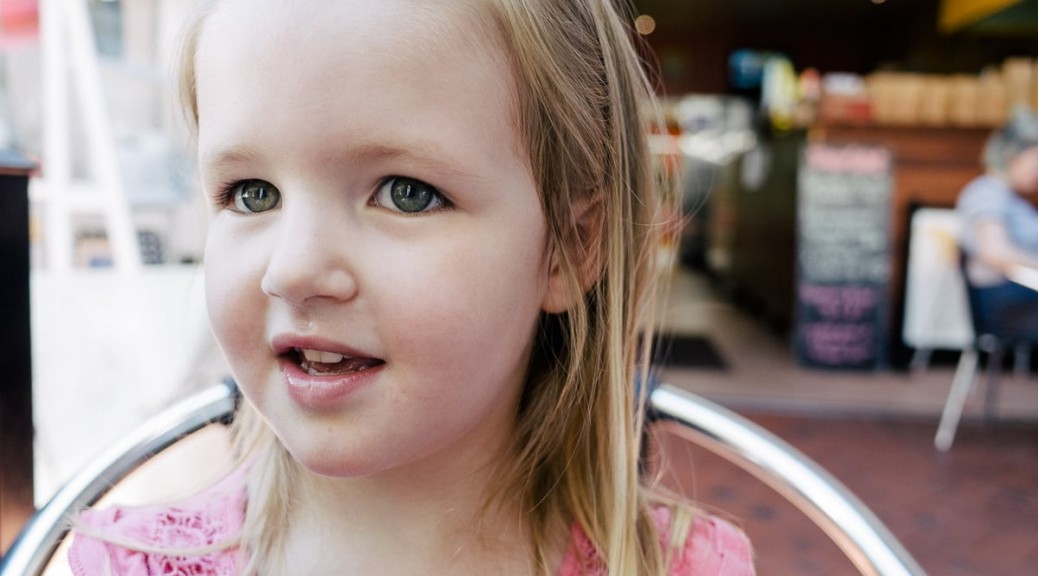Hello, 20-year-old me. You’re probably not going to listen to this, but I’m going to say it anyway. You need to hear it.
In some ways, you’re mature for your age. You’ve craved adulthood, with all of its benefits and obligations, for as long as you can remember. You’re not married yet (lucky break last year, dude), but that sort of commitment doesn’t scare you. (You’re also 100% certain that honourable sex only exists within marriage, but I’m not sure why I’m mentioning this, because it’s definitely not relevant.)
You can’t see it yet, but you’re not just an evangelical Christian who feels confident in his faith and values. You’ll hate me saying this–you think you’re pretty edgy, with that earring and all–but you’re also a willing and able participant in the patriarchal systems of family, church and state you were born into.
Your faith? It might be real, but it’s been almost exclusively shaped by individuals and groups you’ve chosen for reasons of comfort and convenience. God hasn’t had much to do with it. Don’t worry, though–you’ll be thankful for that when most of your Christian friends abandon you. Good thing God isn’t in the abandonment business, amirite?
And your values? They are yet to be properly confronted with the realities of life beyond your comfort and privilege. Soon, as your eyes are opened, you’ll find yourself loving and respecting people who used to offend and disgust you, and it won’t be a distant, self-righteous “love the sinner, hate the sin” thing anymore. Your new values will come between you and the patriarchy, and you’ll eventually realise there’s no point hanging around trying to convince people to behave more like Jesus.
I know you’re not convinced, but here’s the thing: you’re going to change in the ways I’ve described, for reasons you can’t even begin to imagine yet, and it’s awful to change like that when you’re in a marriage that depends on you continuing to be who you were.
Add kids into the equation, and it will be even more difficult. Because even if you marry the wrong person, any children you have together won’t be a mistake. They’ll deserve the best their parents can give them, and doing that separately is a lot messier and more complicated than doing it together.
So, are you sure? Are you sure your values aren’t going to change so much you barely recognise yourself? Are you sure the bond between you and the partner you’re considering could survive that much change? And if you’re not, are you sure you can live with hurting her in ways she doesn’t deserve?
There aren’t many certainties in life, but take it from 33-year-old you: you can be more sure than you are right now. And if you don’t take the time to figure out who you really are–if you start a family now, while your worldview is so narrow and ill-informed (sorry, but it is)–you will burden many others with pain and regret that shouldn’t be forced upon them.
Please, be more sure. I’m begging you.
PS: To the handful of Christian friends who haven’t abandoned me: thank you. To the others, whether you’ve responded with judgemental silence or vicious vitriol: thank you for validating my concerns. The pain is already worth it.

